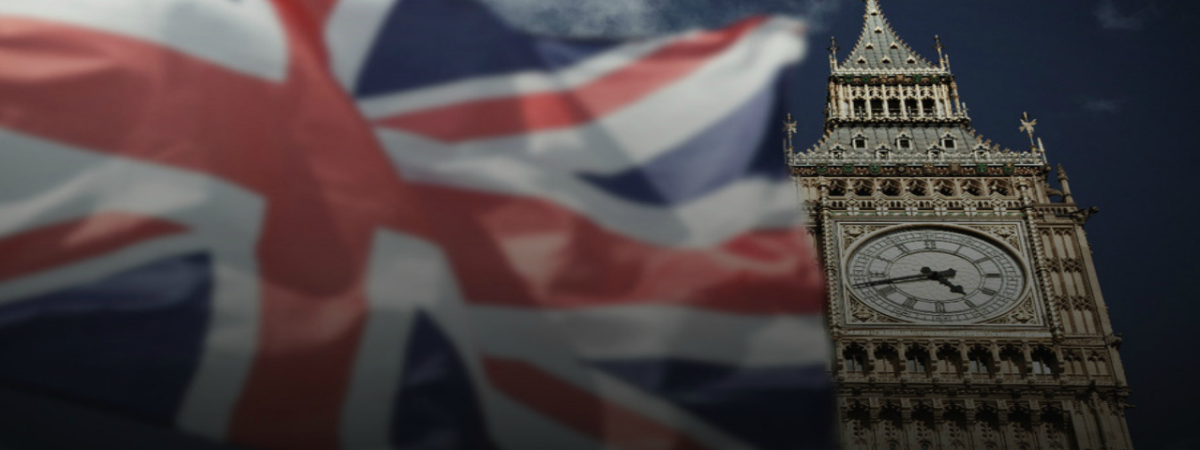[PODCAST] Online Harms
SUGGESTED



The Government took a swipe at global internet giants on Monday, suggesting rules that would require companies to proactively remove content the government views as illegal or “harmful,” and giving the government the right to block or even shut down offending sites.
As part of the Online Harms White Paper, a joint proposal from the Department for Digital, Culture, Media and Sport and Home Office, a new independent regulator will be introduced to ensure companies meet their responsibilities.
The proposals, contained in the 102-page white paper, are aimed at combating the spread of disinformation, hate speech, online extremism, and child exploitation. If enacted as described, they would constitute some of the most stringent and far-reaching restrictions on internet speech by a major western democracy. Critics say the proposals fail to balance curbing harmful speech with free expression.
No matter how well-meaning, opponents of the white paper argue that the proposals to regulate the web could give the state the power to clamp down on the freedom of the press and free speech. Beggin the question: at a time when Britain is criticising violations of freedom of expression in states like Iran, China and Russia, should we really be undermining such freedoms at home?
It also means that the same rules that govern behemoths such as Google and Facebook – both of which have expert in-house legal teams and billions of pounds at their disposal – will apply to any website, however small or harmless, that allows users to post comments. Such regulations aimed at nudging the behaviour of tech giants may actually entrench their position as market leaders, by stifling innovation and competition.
Joining the IEA’s Digital Manager Darren Grimes to discuss is the IEA’s Victoria Hewson and the Adam Smith Institute’s Matthew Lesh.



